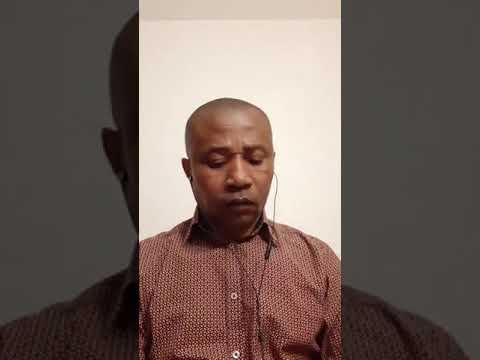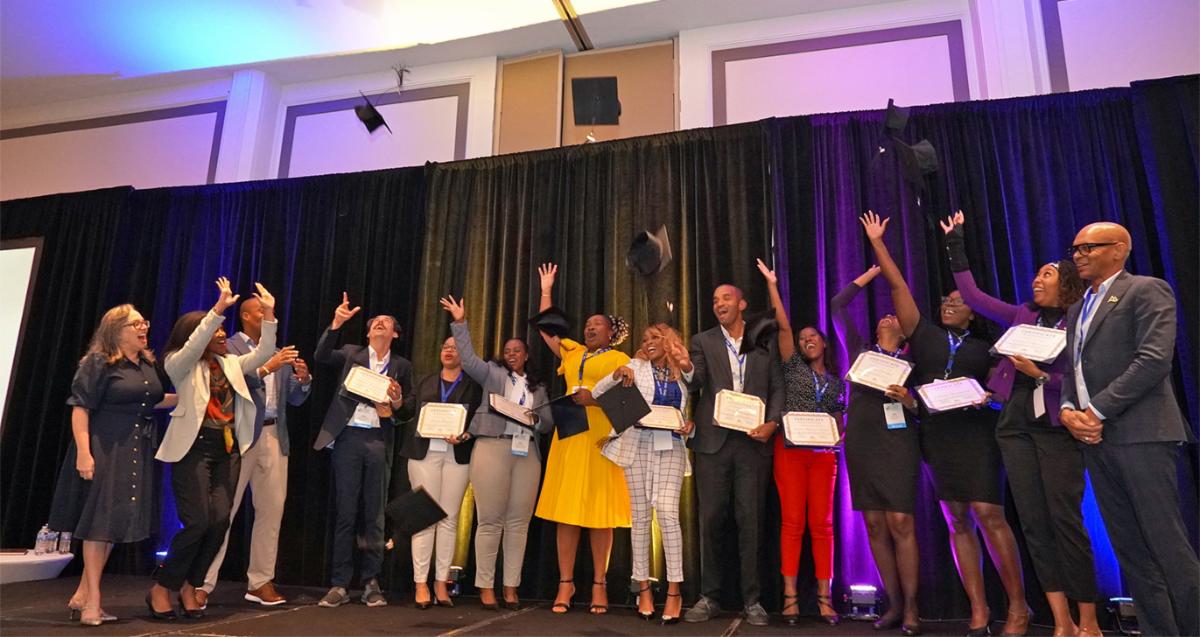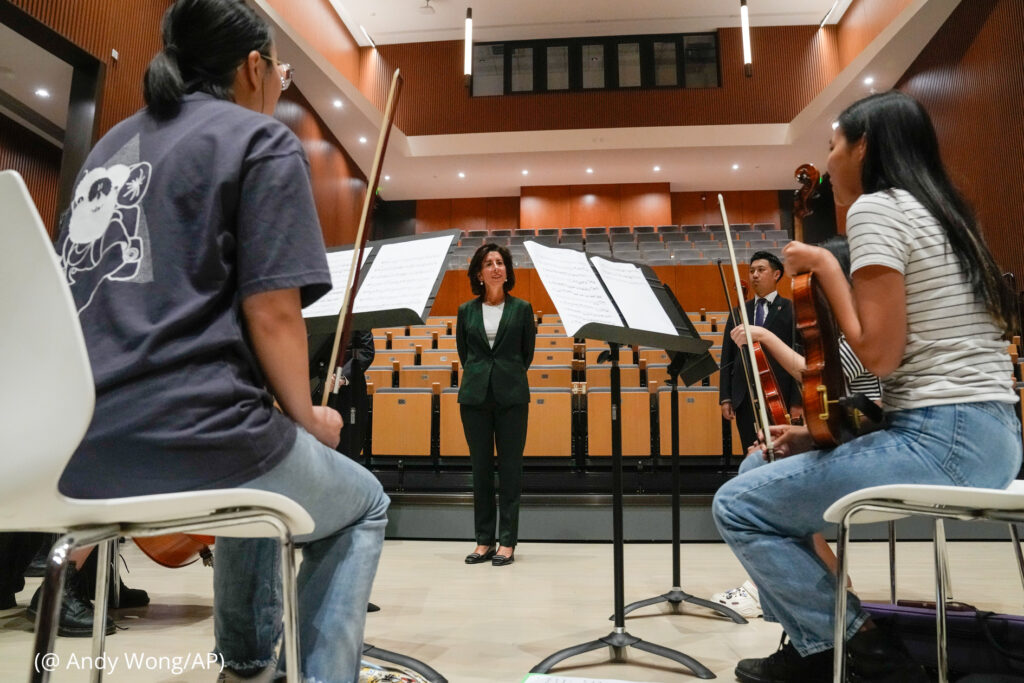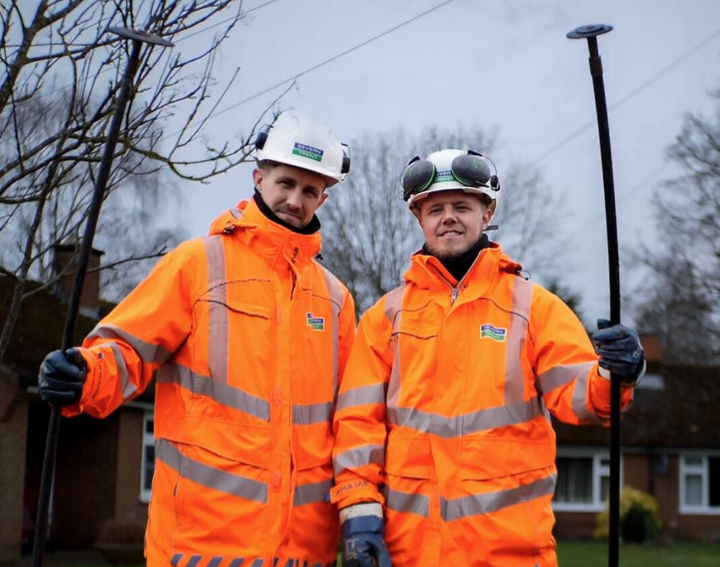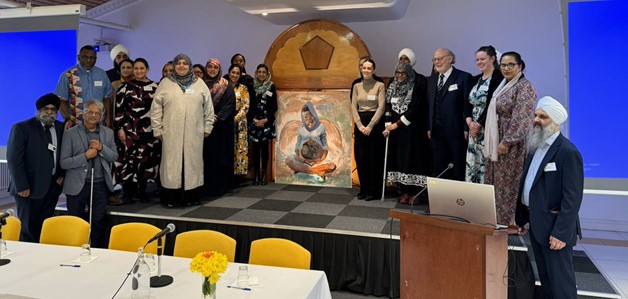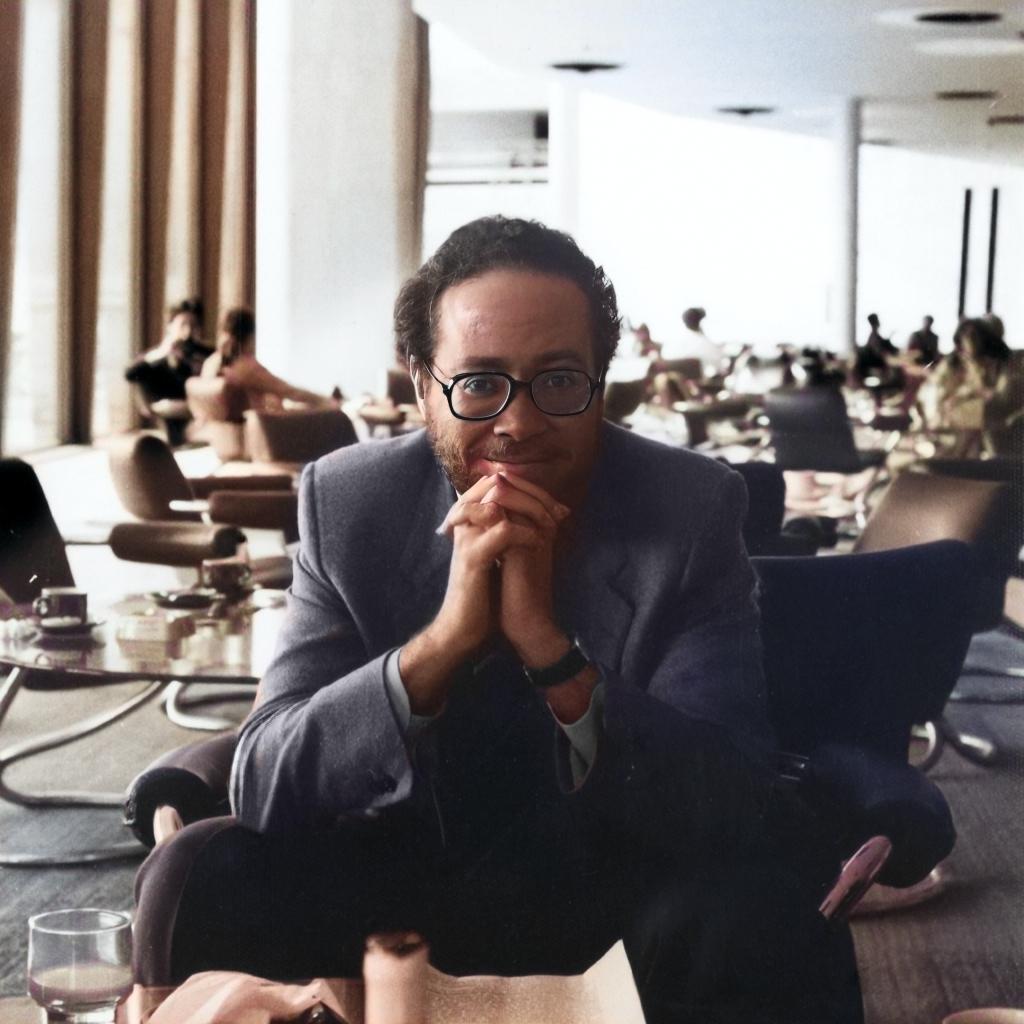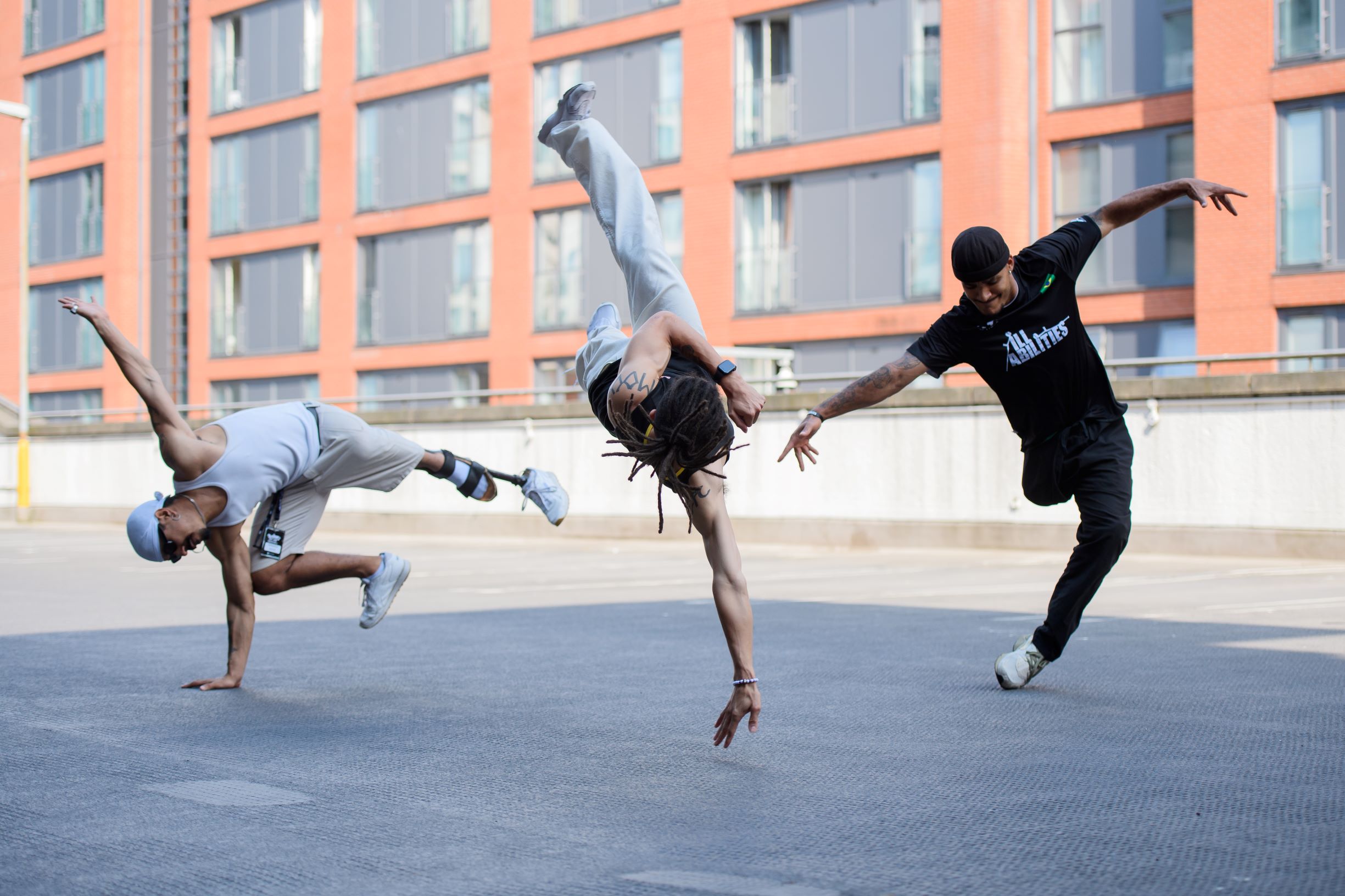“Racism is a public health crisis,” according to a May 2020 statement from the National Alliance on Mental Illness (NAMI).
This means that racism — whether unintentional, unconsciously, or concealed — has affected Black Americans’ access to equal and culturally competent health care. Employees of the U.S. Centres for Disease Control and Prevention (CDC) sent a letter to their director alleging “widespread acts of racism and discrimination within CDC that are, in fact, undermining the agency’s core mission” that may have indirectly contributed to that disparity.
Just as some medical facilities have been overwhelmed by COVID-19 cases, increased anxiety, depression, and post-traumatic stress disorder (PTSD) — in people who are worried they might catch the virus or have been impacted by the lockdown and social isolation needed to control the pandemic — may, in turn, overwhelm the mental health system. Racism is also a stressor for mental health problems.
In the U.S. surgeon general’s ground-breaking 2016 report Facing Addiction in America: The Surgeon General’s Report on Alcohol, Drugs, and Health, it states that Black Americans “are over-represented in populations that are particularly at risk for mental illness.” Why? NAMI, “the nation’s largest grassroots mental health organisation,” says it’s because Black people in the United States have been affected by racism and racial trauma “repeatedly throughout history.”
That is, racism and racial trauma did not end with the abolition of slavery in 1865, the passing of the Civil Rights Act of 1964, or the election of the first Black U.S. president in 2008. The protests in 2020 are a sharp reminder of that.
Mental illnesses such as depression and substance abuse can have a biological component, but they also can be caused or made more likely by external factors. Some are more likely to be experienced by Black individuals, including:
· Violence
· Incarceration
· Involvement in the foster care system
Some other factors are peculiar to the Black Americans’ history, such as:
· Enslavement
· Oppression
· Colonialism
· Racism
· Segregation
“Black Lives Matter” is viewed as a controversial statement, but it shouldn’t be. It does not mean that only Black lives matter or that other lives don’t matter. It means that Black lives also matter.
The controversy comes from the implication that the speaker thinks, based on the evidence, that not everyone agrees with that sentiment.
Take fatal police shootings. An analysis published by the Washington Post found that, in 2019, 55 unarmed individuals died due to police interaction. Of these 25 people were white and 14 were Black.
However, Black people represented only 13.4% of the American population in 2019 (approximately 44 million) — almost one-sixth of the white population’s 76.3% (250 million) — according to the U.S. Census Bureau. When only males are counted, the rate is even higher, according to a University of Michigan study, with Black men and youths 2.5 times as likely to die as white males.
On the other hand, that might be explained by the number of crimes committed by Black people. Black Americans were more likely to commit violent crimes than white Americans — 52% to 45%. More violent, crime, more violent interaction with the police.
Black people also face higher rates of nonlethal encounters with the police. An analysis of 2015 data by the U.S. Bureau of Justice Statistics found that while police stopped white people more often than Black people, they were more likely to stop a higher percentage of Black people based on their population 9.8% (blacks) vs. 8.6% (whites).
Such police stops and sometimes multiple stops, may create feelings of ill will towards the police, but the damage can be even more severe for mental well-being. Feeling oppressed — by law enforcement, by employers, by politicians, by realtors — can lead to physical and mental health problems regardless of whether it is objectively true or is accepted by society at large.
Among Black Americans with any mental illness, 35.9% or 1.1 million had a serious mental illness (SMI), according to the 2018 National Survey on Drug Use and Health (NSDUH): African Americans. According to the U.S. Department of Health and Human Services Office of Minority Health (HHSOMH), Black Americans are 20% more likely to experience serious mental illness (SMI) than the general population.




